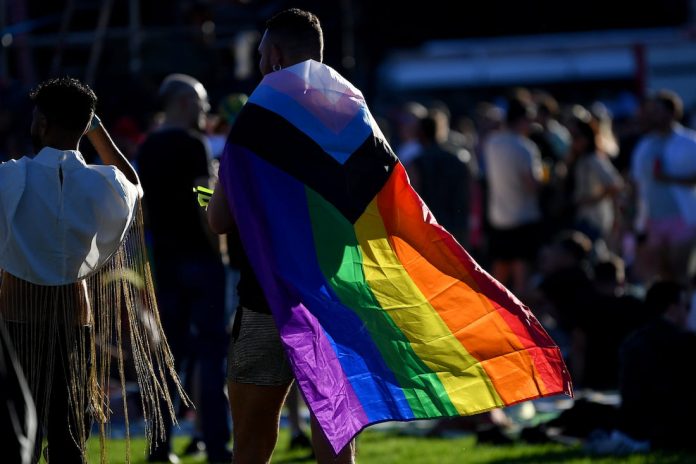In response to mounting community pressure and political dissent, the Labor government has announced its intention to include data on sexual orientation in the 2026 census. This decision marks a significant shift from the earlier exclusion of questions concerning LGBTQI+ Australians, a move that had sparked widespread criticism and concern from various advocacy groups.
Prime Minister Anthony Albanese, speaking to ABC Radio Melbourne on Friday, described the inclusion of at least one question on sexual orientation as a “commonsense position.” He confirmed that the government has been in discussions with the Australian Bureau of Statistics (ABS) to test the feasibility of this new question.
“We’ve been talking with the Australian Bureau of Statistics and they are going to test for a new question, one on sexuality,” Albanese stated, signaling the government’s commitment to gathering more comprehensive data on the LGBTQI+ community.
The absence of questions regarding sexual orientation in previous censuses has long been a point of contention among LGBTQI+ advocates. Accurate data is crucial for understanding the size, distribution, and needs of this diverse community. It informs public policy, healthcare, education, and a range of other services that directly impact LGBTQI+ individuals.
The initial decision to exclude such questions from the 2026 census led to a significant backlash from both the community and political leaders. Critics argued that without this data, the government would lack critical insights into the experiences and challenges faced by LGBTQI+ Australians, perpetuating a cycle of underrepresentation and invisibility.
While the commitment to include a question on sexual orientation is a step forward, the specifics of what this question will entail remain unclear. The inclusion of a single question may not capture the full spectrum of identities within the LGBTQI+ community. For instance, a question that focuses solely on sexual orientation may exclude important data on gender identity, non-binary individuals, and other intersecting aspects of identity that are integral to understanding the community’s needs.
Moreover, the phrasing and structure of the question will be crucial. It must be designed in a way that is inclusive, respectful, and reflective of the diverse ways in which individuals understand and express their sexual orientation. The ABS will need to consult extensively with LGBTQI+ advocacy groups and experts to ensure that the question is both sensitive and comprehensive.
There are concerns that asking only one question on sexual orientation could lead to incomplete data collection. For example, the experiences of transgender and non-binary individuals might be overlooked if the question is not designed to account for the full range of gender identities. Additionally, the focus on sexual orientation alone could fail to capture the intersectional experiences of LGBTQI+ individuals who face multiple forms of discrimination or marginalization.
Without a more nuanced approach, the data collected could miss key aspects of the community’s lived experiences, leading to policy decisions that do not fully address the needs of all LGBTQI+ Australians.
As the government and ABS move forward with testing and developing the new census question, it will be essential to keep the LGBTQI+ community at the forefront of these discussions. The inclusion of a well-designed question on sexual orientation in the 2026 census has the potential to be a milestone in the recognition and representation of LGBTQI+ Australians.
However, the effectiveness of this initiative will ultimately depend on the question’s ability to accurately and comprehensively capture the diversity within the community. Only then can the data collected be used to inform policies that genuinely reflect and support the needs of LGBTQI+ individuals across Australia.
The Labor government’s commitment to rectifying the exclusion is a positive step, but the real test will be in the implementation. The LGBTQI+ community and its allies will undoubtedly continue to advocate for a census that truly represents all Australians, ensuring that no one is left out or left behind.

